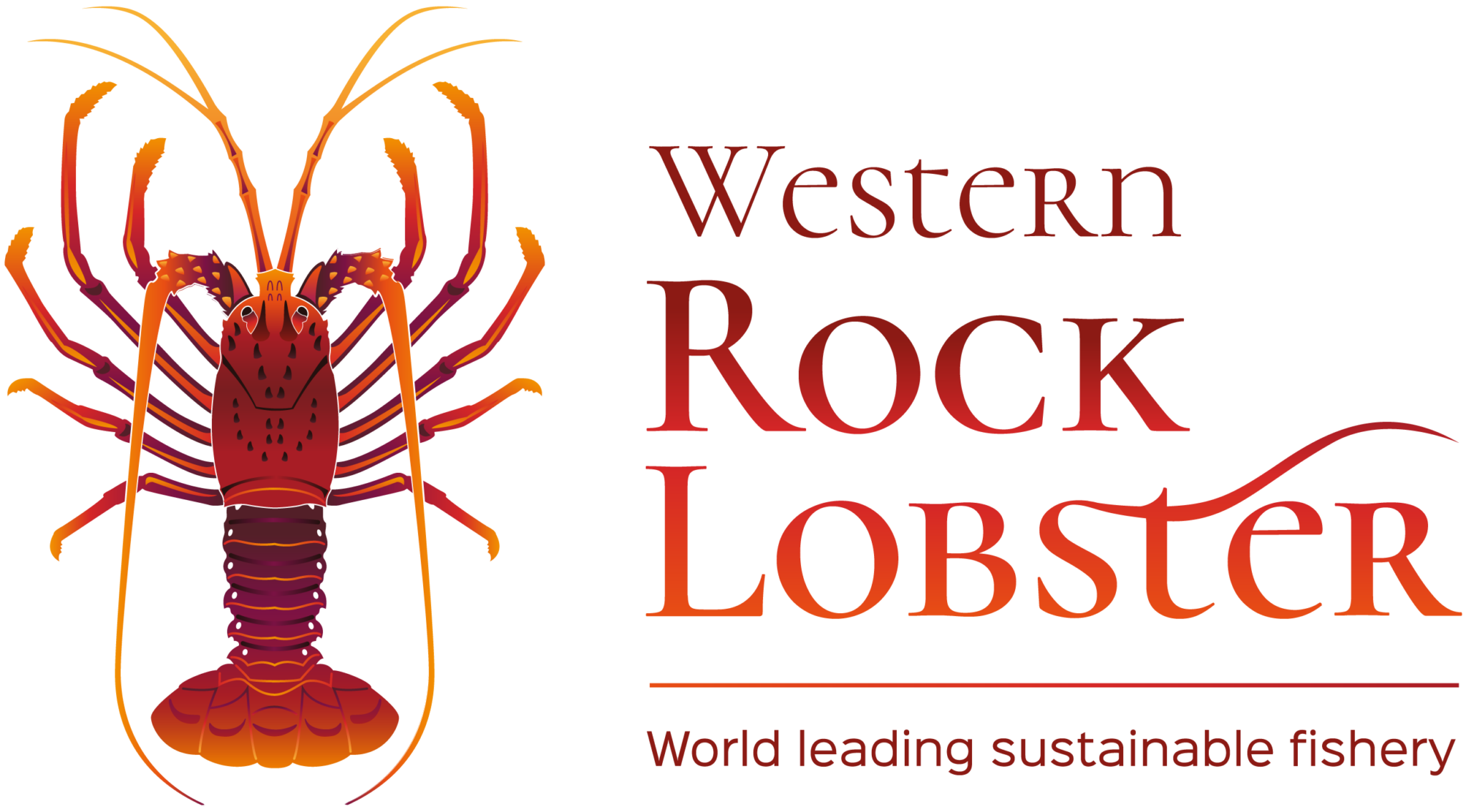Harvest strategies for Western Australia’s aquatic resources are formal documents developed by the Department of Primary Industries and Regional Development (DPIRD) to support decision-making processes that ensure the outcomes are consistent with the principles of Ecologically Sustainable Development and Ecosystem Based Fisheries Management.
Harvest strategies are a key component of all contemporary fishery management systems and a requirement for certification under the Marine Stewardship Council (MSC). The objectives of ESD are reflected in the objectives of the Fish Resources Management Act 1994 (FRMA) and the Aquatic Resources Management Act 2016 (ARMA), which is anticipated to replace the FRMA once fully implemented.
This West Coast Rock Lobster Resource Harvest Strategy is the result of several months of collaboration and deliberation between WRL, Recfishwest, and DPIRD. It underwent multiple revisions to ensure that the Total Allowable Catch Committee through WRL continues to provide valuable advice to the Minister in deciding the industry’s annual catch. Additionally, WRL worked to ensure that the commercial fishing industry’s economic objectives reflected Maximum Economic Yield (MEY) and that social objectives included maintaining local accessibility of rock lobsters to the WA community.
The publication of this harvest strategy establishes a transparent foundation for informed dialogue on management actions with resource users and other stakeholders. Harvest strategies include specific objectives, performance indicators, reference levels, and harvest control rules for the defined ecological assets.
